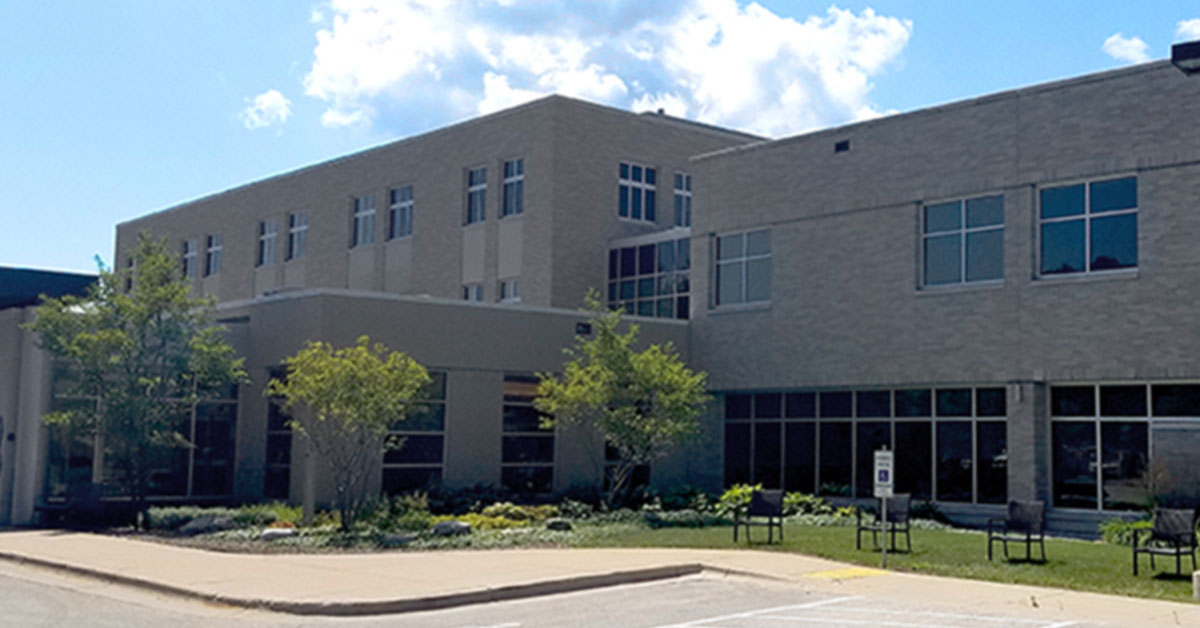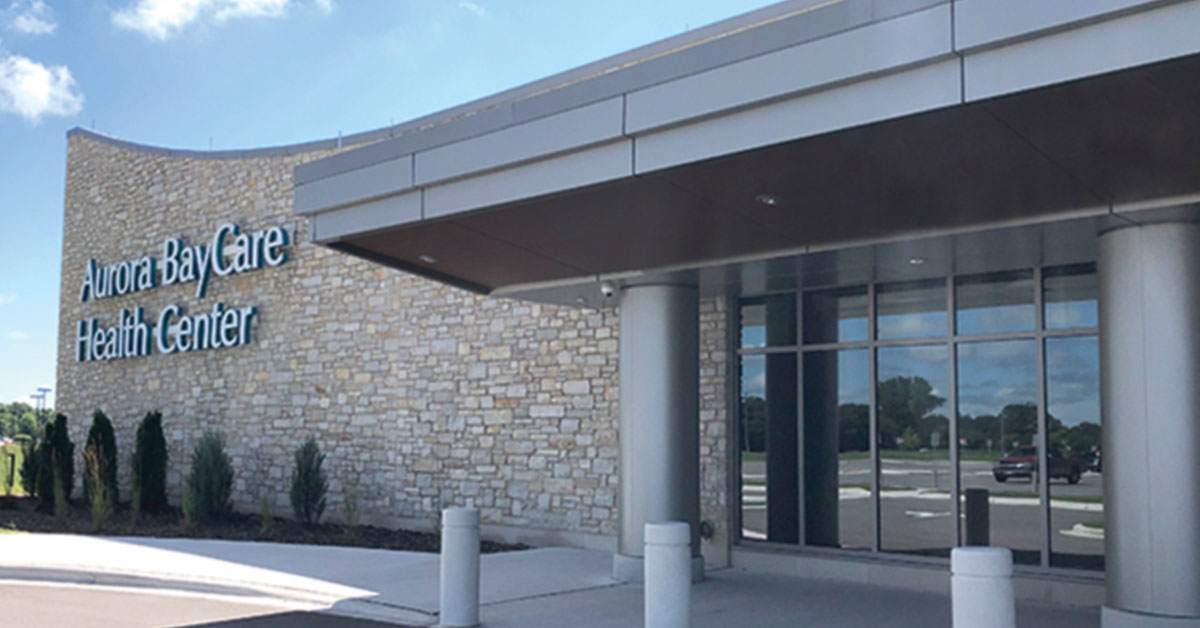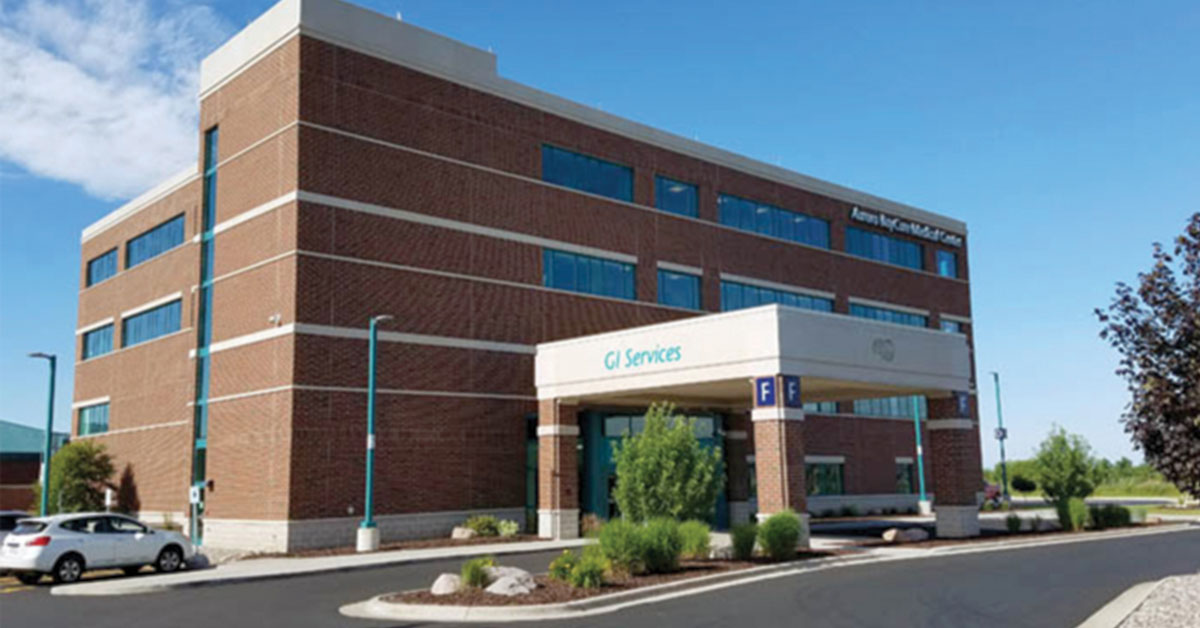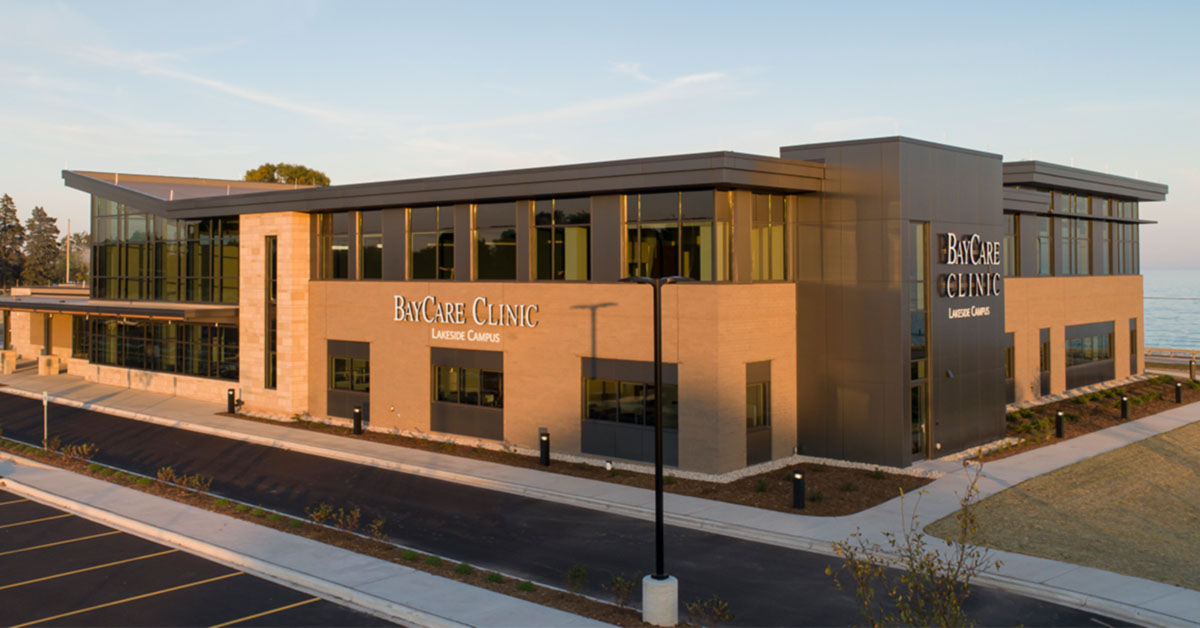Robotic-Assisted Surgery
Urology
Aurora BayCare Urological Surgeons offers precise robotic-assisted surgery to treat a wide range of urinary system issues.
Which urological conditions does robotic-assisted surgery treat?
Conditions treated with robotic-assisted urological surgery include:
- Kidney cancer (partial and radical nephrectomy, or partial or complete removal of the kidney)
- Prostate cancer (prostatectomy, or removal of the prostate gland)
- Bladder cancer
- Kidney reconstruction for congenital blockage
When non-surgical treatments are not an option, robotic-assisted urological surgery may offer an innovative, high-quality alternative. Robotic-assisted surgery minimizes post-operative pain, allowing people to return to normal daily life quicker than for those who have open surgery. Robotic-assisted urological surgery also offers equal cancer cure rates.
How does robotic-assisted urological surgery work?
Our urological surgeons use the da Vinci robotic surgical system, a proven and industry-leading technology. That system, combined with our urological surgeons’ expertise, provides the best possible outcomes for patients’ comfort and care. Our urological surgeons have performed hundreds of robotic-assisted surgeries over the last decade.
Robotic-assisted urological surgery is often preferred when surgery is intricate or complex. It allows surgeons to make smaller incisions and be more precise. Magnified, high-resolution 3D images help surgeons better visualize the treatment area and give them more control over procedures.
What are the benefits of robotic-assisted urological surgery?
Studies show robotic-assisted urological surgery provides patient outcomes that are equal to or better than open surgery. The benefits include:
- Shorter recovery time
- Shorter hospital stays
- Significantly less pain
- Less bleeding and scarring
- Reduced risk of infection or other complications
How long is the recovery time in the hospital?
People who have robotic-assisted urological surgery usually stay overnight in the hospital. In some instances, they may stay two nights in the hospital after robotic-assisted urological surgery.
What restrictions follow robotic-assisted urological surgery?
Some individuals who have robotic-assisted urological surgery will have some restrictions after surgery. Your physician will give you specific instructions following your procedure. The restrictions may include:
- Using a urinary catheter for seven to 10 days.
- No driving while the catheter is in place.
- No lifting more than 10 pounds for 4 weeks.
- No work for 4 weeks if the patient has a physically demanding job.
- No work for 2 to 3 weeks if the patient has a desk job.



